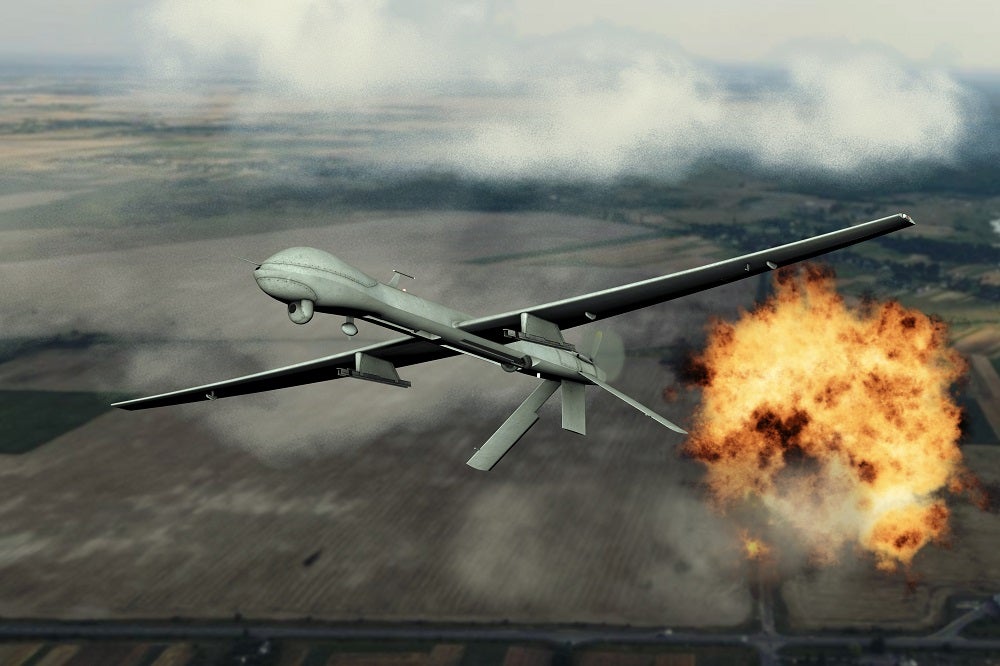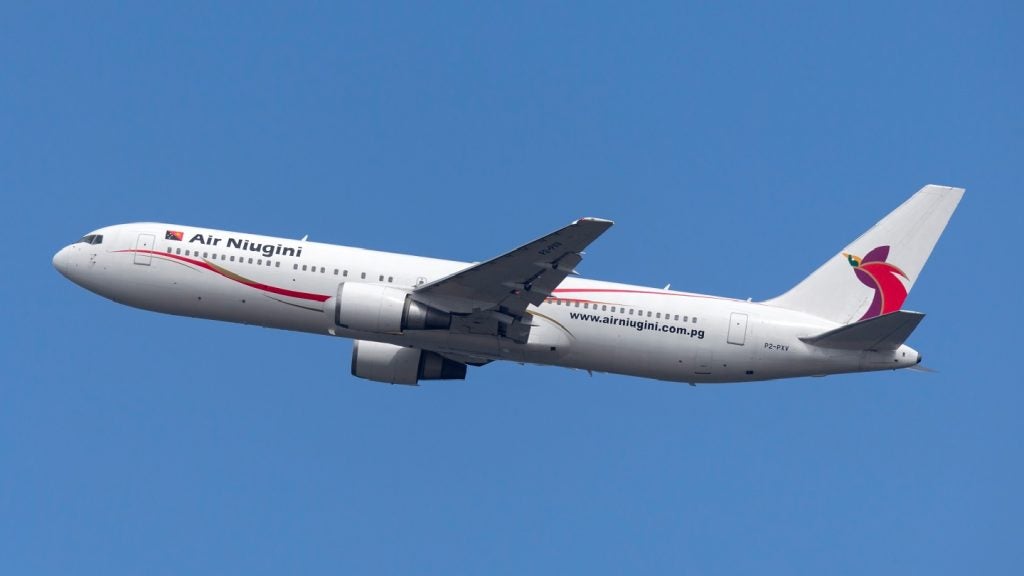
A team from UCL School of Management in the UK has developed a new system to help reduce delays at airports by predicting whether passengers will be able catch their connecting flights several hours in advance.
The system helps manage queues at security and border control. Developed as part of a joint research project that aims to fix European airspace and its air traffic management operations.
Commissioned by Eurocontrol, the research uses real-time data and focuses on passenger movement using improved data analytics and machine learning technology.
A prototype of the new system, developed under the guidance of UCL School of Management director Bert De Reyck, went live at Heathrow Airport in July.
Reyck said: “Heathrow is the most congested airport on the planet handling 75 million passengers per year with only two runways.
“Any interruption causes further delays not only throughout the day, but throughout the entire European network as the airport is a major hub for connecting flights.
How well do you really know your competitors?
Access the most comprehensive Company Profiles on the market, powered by GlobalData. Save hours of research. Gain competitive edge.

Thank you!
Your download email will arrive shortly
Not ready to buy yet? Download a free sample
We are confident about the unique quality of our Company Profiles. However, we want you to make the most beneficial decision for your business, so we offer a free sample that you can download by submitting the below form
By GlobalData“With more than a quarter of all passengers landing in Heathrow making a flight transfer, any passengers missing connections can have a major impact on passenger satisfaction and airline delays. That’s why all processes need to be optimised.”
The performance of the prototype is currently being evaluated at Heathrow.
Early results indicate that accurate predictions of passenger movements could help airports understand major factors influencing passengers’ connection time, and therefore improve services.
Image: Passengers queue to get through security at Heathrow. Photo: courtesy of Herry Lawford.







